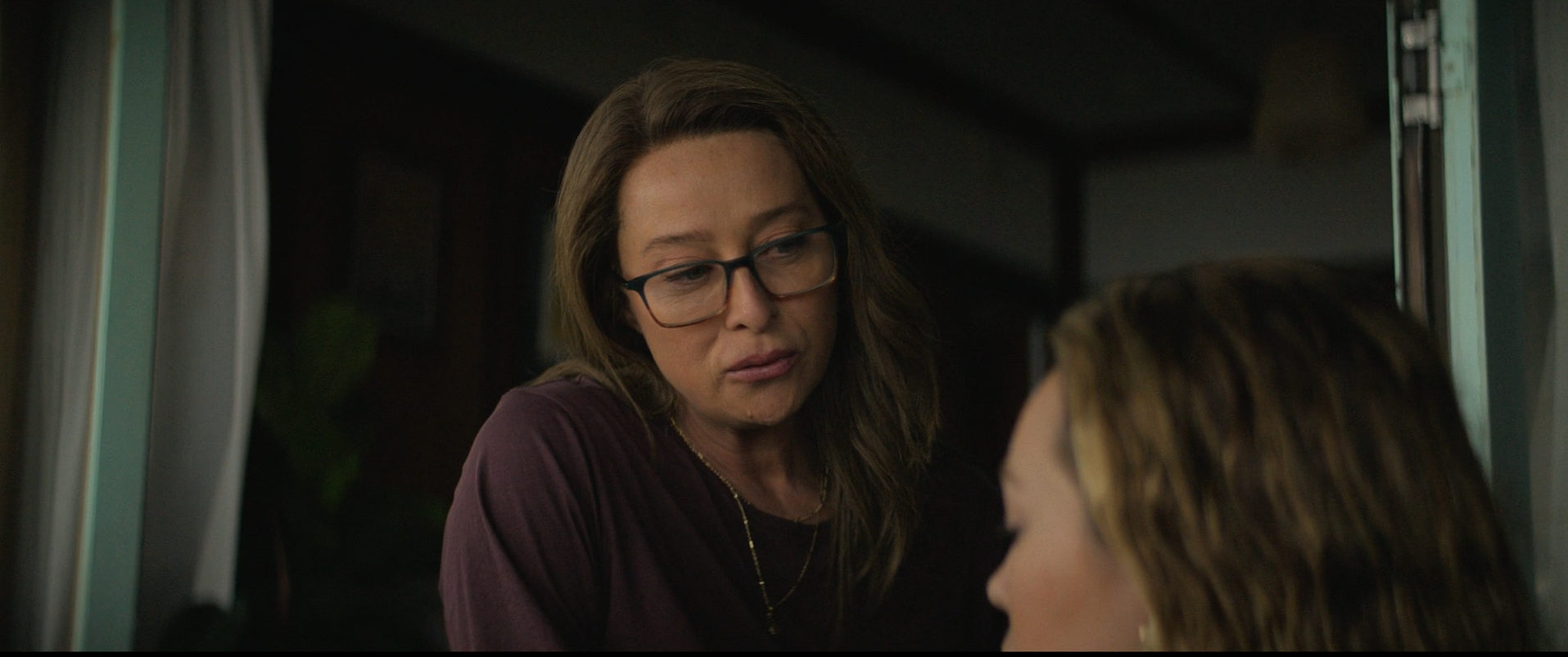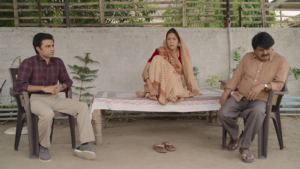As the series draws to a close, it leaves us with a sense of hope, tempered by the complexities of its narrative. The aftermath of Alice’s assault is a central focus, shedding light on the painful aftermath of abuse. Lulu’s heartfelt concern for Alice serves as a stark contrast to Alice’s reluctance to condemn Dylan. This dynamic reflects the intricate web of emotions that survivors often grapple with, adding depth to Alice’s character. Alice’s attempt to report the assault at her workplace unravels into a disheartening betrayal, highlighting the challenges survivors face when seeking justice. The series deftly navigates the complexities of reporting abuse and the systemic barriers survivors encounter. Alycia Debnam-Carey’s portrayal of Alice’s resilience in the face of adversity continues to shine, anchoring the emotional weight of the narrative.

The revelation about Alice’s brother adds a poignant layer to her already tumultuous history. June’s confession unveils a deeply buried family secret, offering a bittersweet moment of connection for Alice and Charlie. This revelation further emphasizes the series’ exploration of generational trauma and the power of family bonds. June’s illness casts a somber shadow over Thornfield Flowers, underscoring the fragility of life and the impermanence of the safe haven she created. Twig and Candy’s unwavering support for June highlight the enduring bonds forged within the Thornfield community. The series culminates in a poignant tribute to June’s legacy. The burning of the tree serves as a metaphorical cleansing, symbolizing the characters’ collective journey toward healing and empowerment. The final ceremony is a poignant moment of unity, as Alice, Twig, and Candy stand together, honoring June’s memory.
As the series concludes, it leaves us with a mix of emotions. While it courageously addresses a critical issue, it grapples with execution flaws and a polarizing portrayal of gender dynamics. Nevertheless, this series prompts important conversations about abuse, resilience, and the enduring power of human connection. In its final moments, the series invites us to reflect on the strength of survivors and the potential for transformation through collective healing. ‘The Lost Flowers of Alice Hart’ leaves an indelible mark, reminding us of the resilience that can emerge from the darkest corners of our past.

‘The Lost Flowers of Alice Hart’ is a poignant exploration of trauma, resilience, and healing. Alycia Debnam-Carey’s compelling portrayal of Alice anchors the emotional weight of the narrative. The series delves deep into the complexities of generational trauma, shedding light on the profound impact of the past. The ensemble cast delivers stellar performances, immersing us in the characters’ struggles and triumphs.
While the series navigates difficult themes with sensitivity, it occasionally stumbles in its portrayal of gender dynamics. Nevertheless, it remains a powerful testament to the enduring power of human connection. The final moments leave us reflecting on the strength of survivors and the potential for transformation through collective healing. ‘The Lost Flowers of Alice Hart’ leaves an indelible mark, reminding us of the resilience that can emerge from the darkest corners of our past. Streaming on Amazon Prime Video, this series gets a rating of 4 out of 5.




